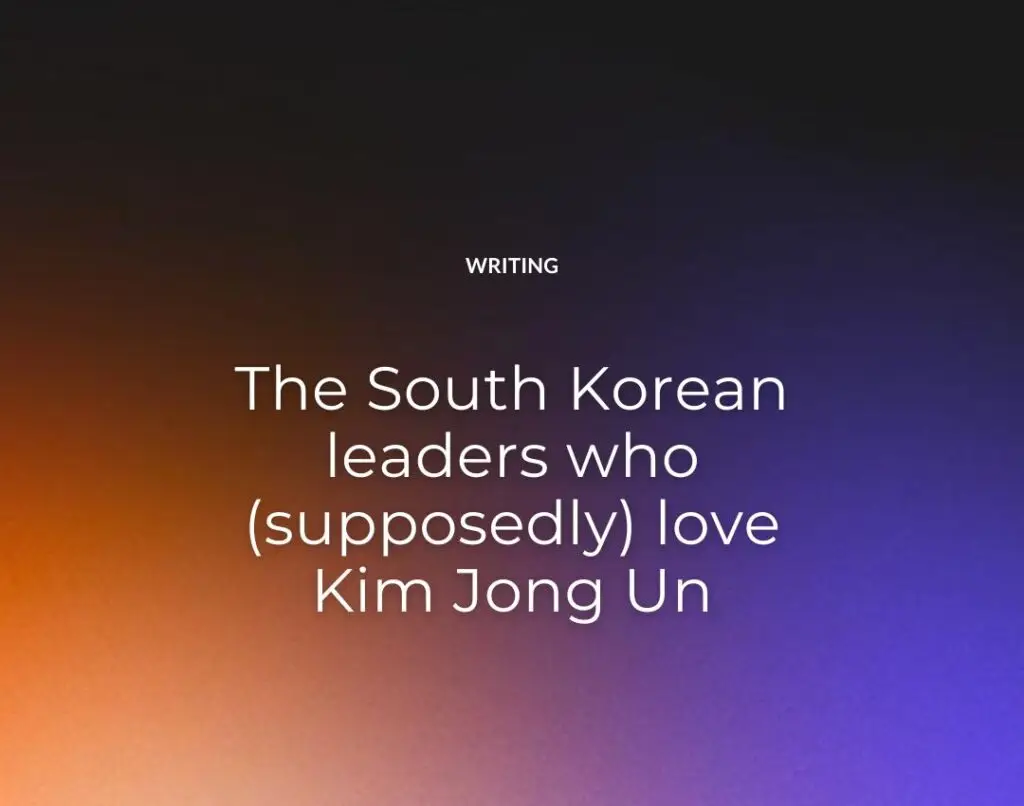By Geoffrey Cain
PRI’s The World
Oct 04, 2013
SEOUL, South Korea — Since taking parliamentary office a year and a half ago, Kim Jae-yeon, 33, has been called a North Korean apologist, a pinko, and a “leftist zombie” — a derogatory phrase that fringe web commentators deploy against liberals and socialists in the South.
In her office, though, the youth activist immediately comes off as winsome and charming.
But suddenly, Kim lets down her smile and has to leave our interview. There’s an urgent news conference: she’s to address a fresh round of accusations that fellow party members could be connected to a conspiracy to overthrow South Korea on behalf of its sworn enemy, the North.
The charge sounds ludicrous in this wealthy and stable republic, where 60 years of national division have made Kim Jong Un enemy number one. But it’s emerged as an extraordinary drama in a National Assembly already known for its craziness.
The fracas started just over a month ago, when South Korea’s powerful intelligence agency brought forward evidence that Kim’s outspoken political ally, Lee Seok-gi, 51, convened 130 colleagues at a mysterious meeting last May.
His alleged plot? Urging comrades to secure arms for an uprising against Seoul in the event of war with North Korea, a statement that authorities say they’ve caught on a recording.
It doesn’t stop there. Investigators also say that Lee called for a “revolution” against “the world’s most powerful American imperialists” at a separate gathering. At the time, North Korea was slinging war threats at Seoul and Washington, at one point even declaring a “state of war” against the South.
In South Korea, siding with the North can land you in prison depending on the circumstances. And that’s probably where Lee is headed.
Stripped of his parliamentary immunity and arrested in his office, he’s the first National Assembly member to face treason charges since South Korea became a democracy in the late 1980s. The crime carries decades in prison and, far less likely, the death penalty.
Since then, the investigation has spread. His female counterpart Kim now joins nine other party members who face a potentially devastating inquiry from the powerful spy agency, the National Intelligence Service (NIS). On Tuesday morning, authorities raided the homes and offices of five politicians, seeking evidence that they too conspired against the state.
So far, the eloquent and jovial Kim has not been subpoenaed despite threats from authorities, and maintains her party’s innocence before GlobalPost.
At the center of the scandal is an underground allegedly pro-North Korean group called the Gyeonggi Dongbu Alliance, a secretive but marginally influential organization with a few hundred members at most, says Chris Green, the international affairs manager at DailyNK, a news website that tracks events in North Korea.
Authorities say that Lee, the detained lawmaker, is an affiliate, and that he praised the idea of an insurrection at its membership meeting in Seoul.
Whether or not the allegation is true, the Gyeonggi Dongbu Alliance is reported to have a fraught history of pro-North Korean activities. In 1991, student radicals started the club, a radical chapter of an umbrella group that sought an end to the American military presence in South Korea — which they saw as holding back the peaceful unification of North and South. Today, 28,500 American servicemen continue to be stationed in the country.
Some in the clique reportedly swore loyalty to the North Korean ideology of national self-reliance, called “Juche.”
But over the past five years, the alliance has been trying to move towards the mainstream, placing a handful of representatives in the 300-person legislature, Green says. Underground leaders adopted this strategy “presumably in an attempt to both secure vital defense and other secret data sets,” he added.
But Kim is defiant of criticism, and instead accuses the conservative government of targeting her party, the United Progress Party (UPP), in what she says amounts to whitewash.
“They [the NIS] are trying to cover up their meddling in the presidential election,” she told GlobalPost. Kim was referring to a separate brouhaha last summer, when prosecutors accused the spy agency of orchestrating a secret online propaganda campaign on behalf of the conservative candidate in the December 2012 presidential election.
A former spy chief was indicted and questioned, although he was later arrested on a separate bribery charge.
Kim, rather, insists South Korea is in the grip of a modern-day Red Scare. “Exploiting the national division is how the conservative party has encouraged election wins,” she says. “The purpose is to distract the public by making our party a scapegoat, and to align the UPP with North Korea.”
That could be true, given the timing of the arrests. But regardless of its leaning, Green doesn’t think the Gyeonggi Dongbu Alliance — the majority faction of the far-left UPP — constitutes a serious national security threat. But, he adds, “there are national considerations at play here.”
Call it a potentially hazardous twist. “Had Lee and Kim Jae-yeon been able to actively obtain national defense or other useful information, such as the addresses of [North Korean] defectors in the South, it could have been somewhat dangerous” to certain people, he said.
That’s the sort of accusation that puts most South Koreans on edge to the UPP’s parliamentary presence. Already, every major party and newspaper has condemned the recent scandal, and several Korean pundits have told GlobalPost they’d be happy to see its representatives go.
The article was originally published in PRI’s The World
See Also:





